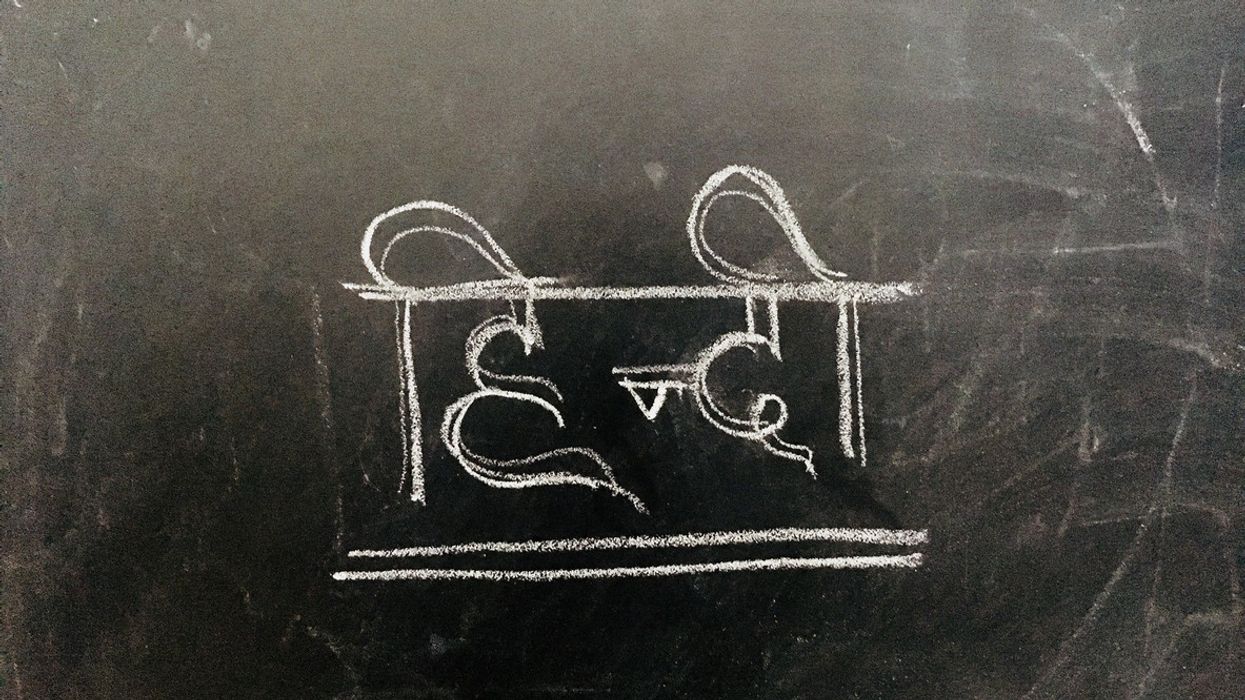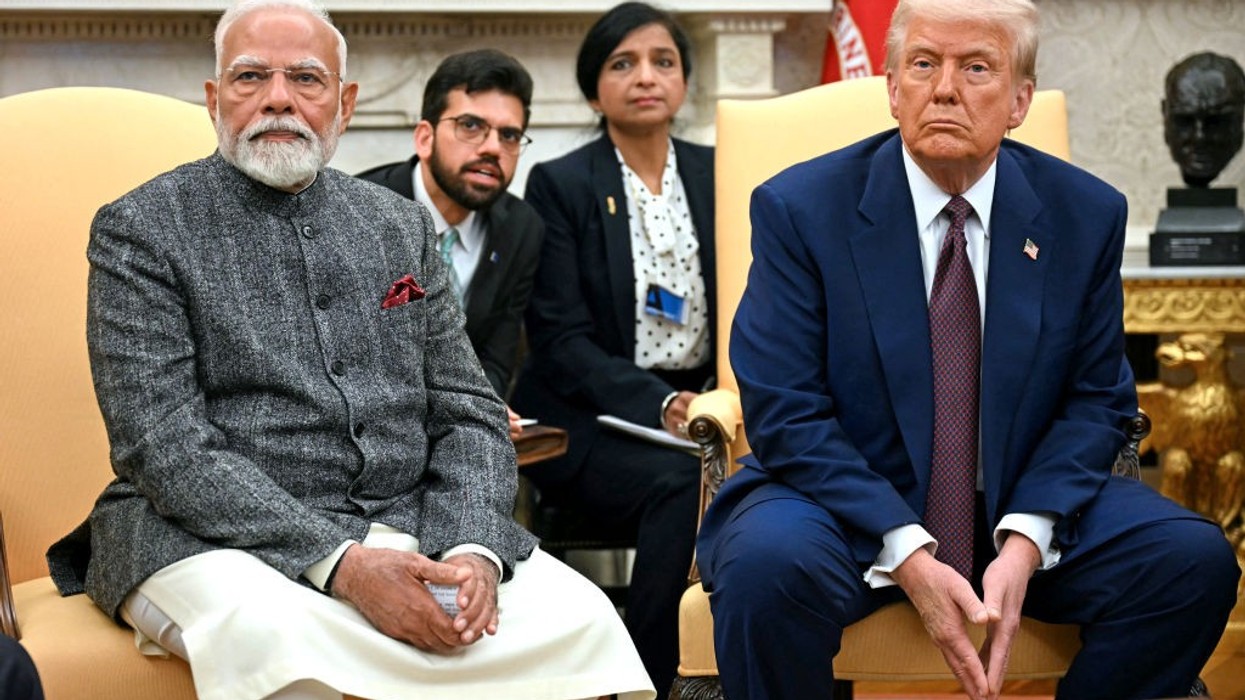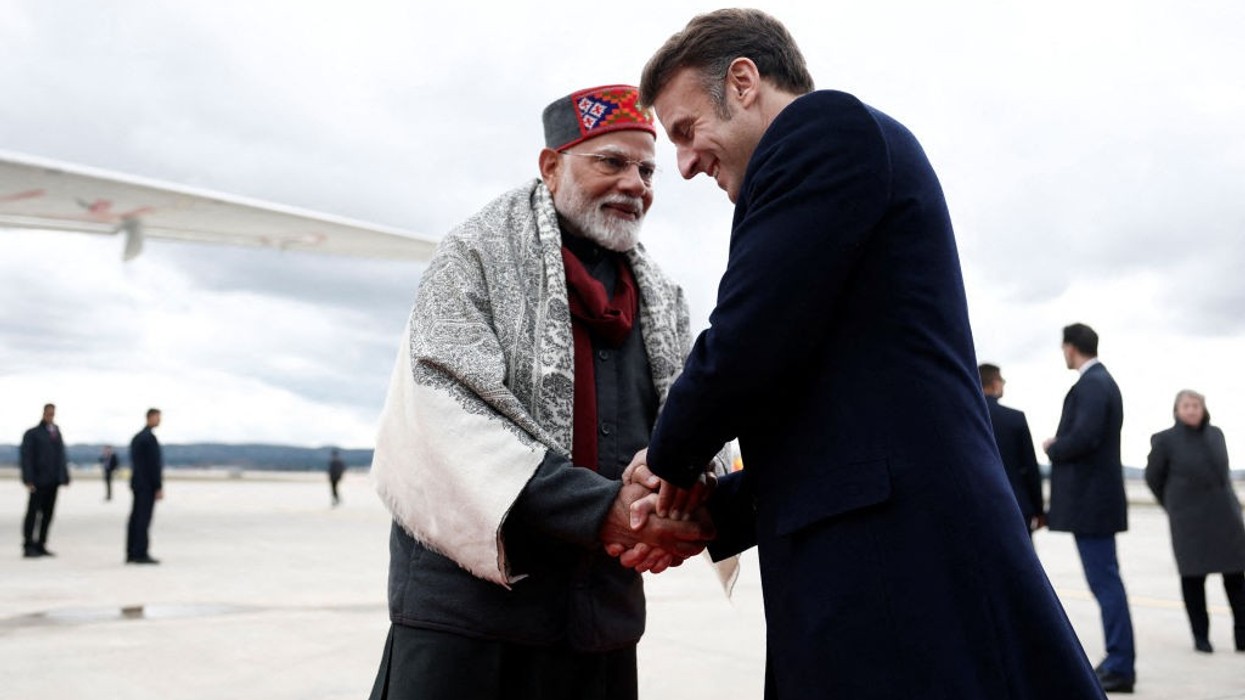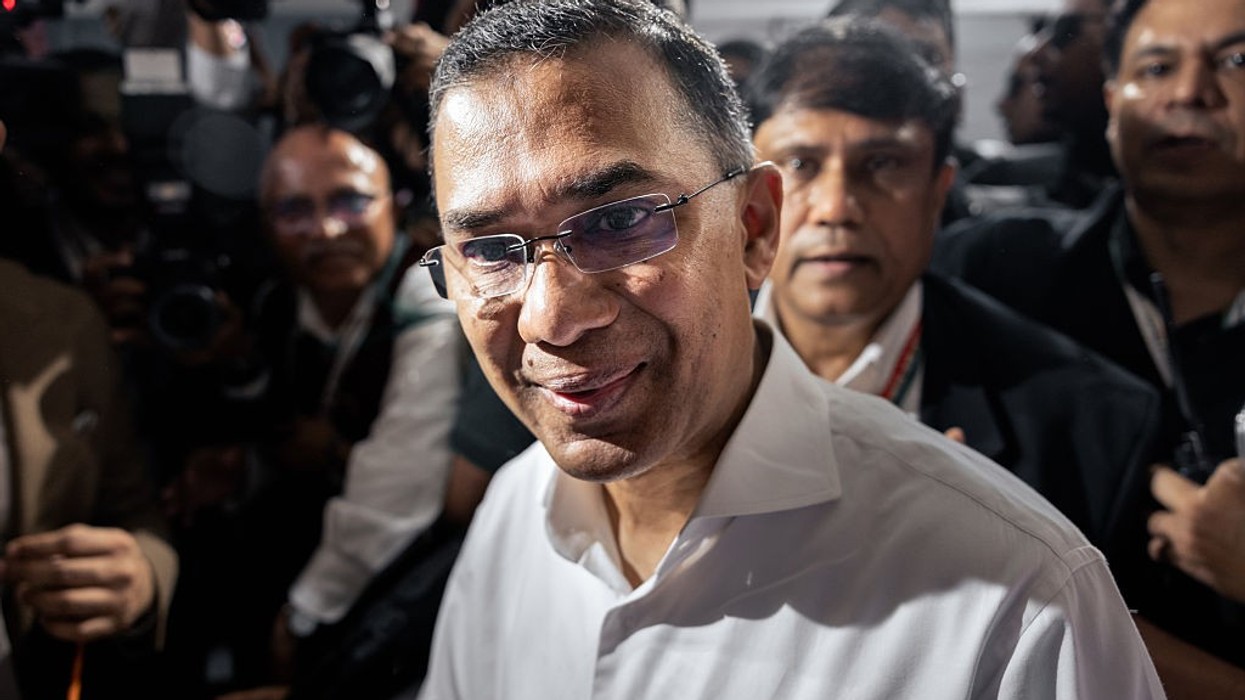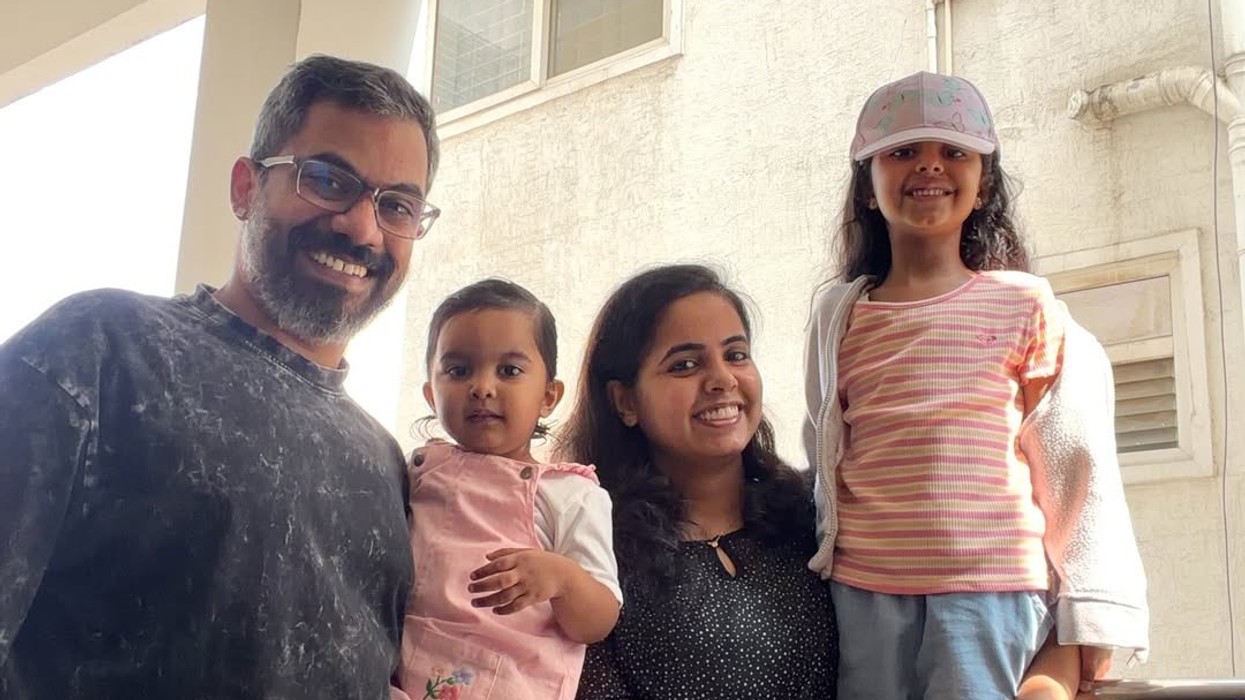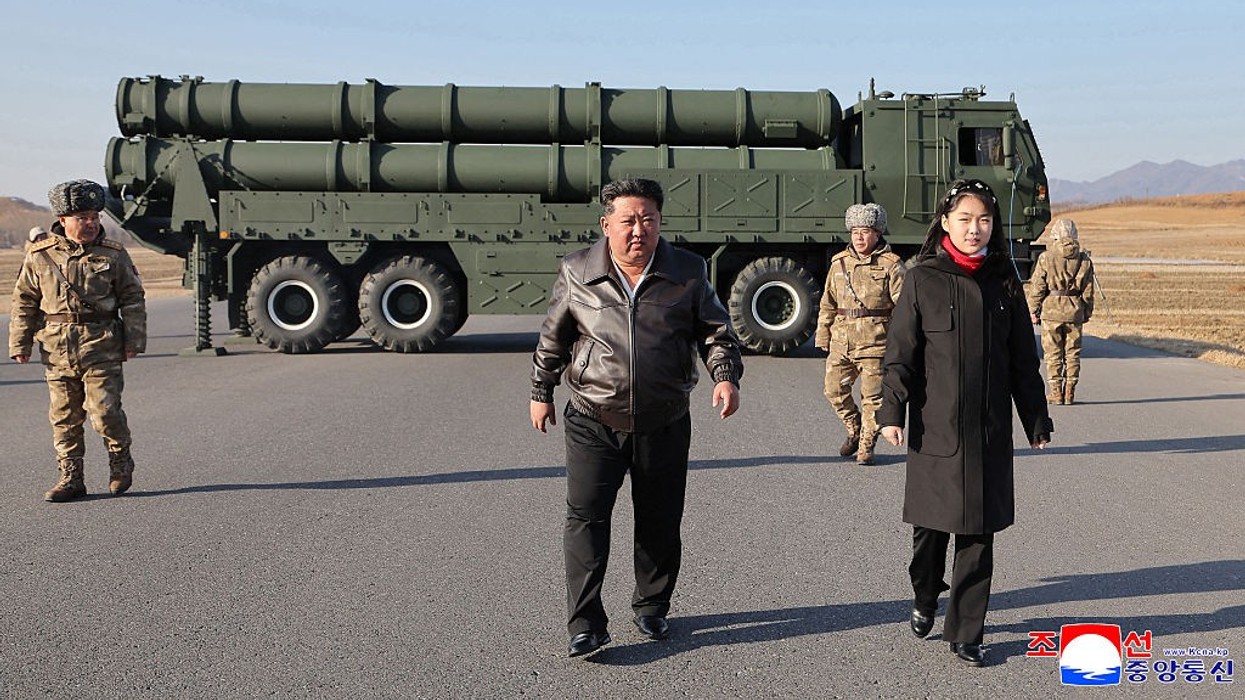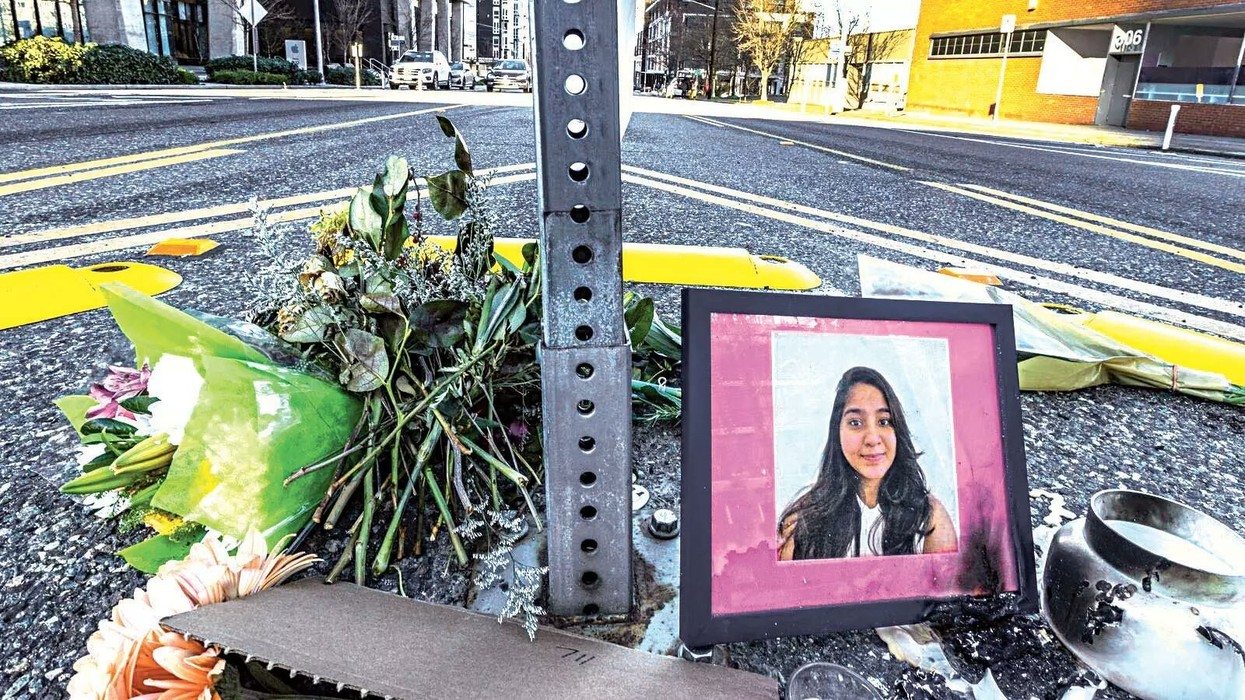Highlights:
- Russia is witnessing a growing demand for Hindi language education three decades after the Soviet Union’s collapse.
- Deputy Minister Konstantin Mogilevsky said more students should learn Hindi as India grows globally influential.
- Moscow, St. Petersburg, and Kazan universities are adding more groups and expanding Hindi courses.
- The release of a “Hindi-Russian Idioms Dictionary” has been warmly welcomed by scholars and students.
- The ICCR is considering helping Russian institutions procure the newly launched bilingual dictionary.
Three decades after the collapse of the Soviet Union, Russia is seeing a significant rise in students wanting to learn Hindi—and the government is answering the call by expanding the number of institutions offering classes. Russia’s Deputy Minister of Science and Higher Education, Konstantin Mogilevsky, said, “We want more of our students to learn Hindi.” He emphasized the global importance of India, noting, “India is the world’s most populous country today, and more and more Indians are starting to use Hindi in their daily lives instead of English. We need to learn Hindi and other Eastern languages.”
Expanding opportunities for Hindi learners
The Russian Higher Education and Science Ministry has logged a sharp increase in student demand for Hindi and is working to extend the list of educational institutions teaching the language. Mogilevsky highlighted that “young people who want to study Hindi today have more opportunities than before.” In Moscow alone, major establishments like MGIMO School of International Relations, Russian State University for the Humanities, Institute of Asian and African Studies at Moscow State University, and Moscow State Linguistic University all offer Hindi. “Hindi is also taught at St. Petersburg State University, Kazan Federal University, and other universities. The number of students enrolled in Hindi courses is increasing, and the number of groups is two to three times larger,” he added.
Shift since the Soviet era
After the fall of the Soviet Union, Moscow’s oldest boarding school for Hindi had been closed, and publishing houses had stopped translating Russian works into Hindi. Radio Moscow ceased its Hindi broadcasts as well, reflecting a sharp decline in institutional support for the language at that time. However, this trend is now reversing as a new generation of Russians grows more curious about India’s modern landscape and ancient civilization.
Cultural exchange and academic highlights
Events like the Moscow International Book Fair, where India was welcomed as the “Guest of Honor Country,” are bringing cultures closer. Local linguists and students celebrated the launch of a new “Hindi-Russian Idioms Dictionary,” a collaborative project of Indian scholars and translators, which includes around 2,000 Hindi idioms. Pragati Tipnese, a lead compiler, explained, “Throughout our work we kept in mind that the dictionary is bilingual and is being made for those learners of Hindi whose language, traditions, [and] geographical context are quite different from ours, and the meanings given in the dictionary should very clearly explain when and how each idiom can be used.”
Indian Council for Cultural Relations (ICCR) is reportedly working to ensure Russian universities can access these valuable learning resources.
With new government initiatives and cultural interest, students across Russia have more access than ever to Hindi studies. This trend is expected to deepen academic, cultural, and diplomatic ties between Russia and India as global dynamics—and student interests—continue to evolve.
